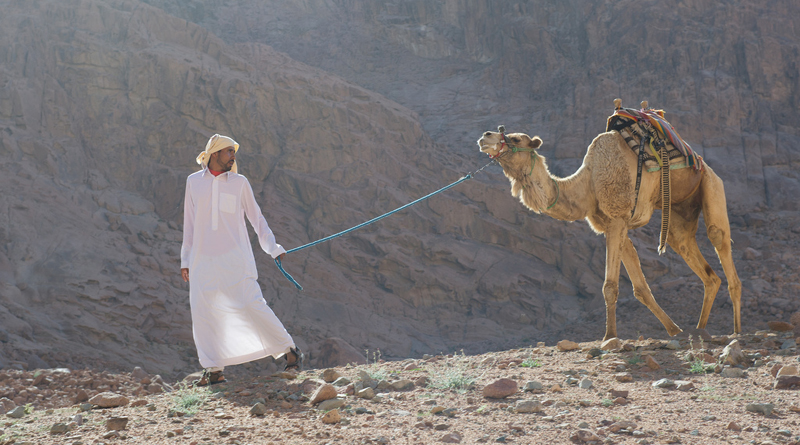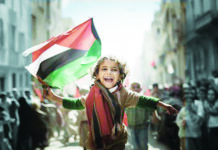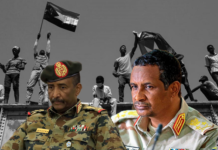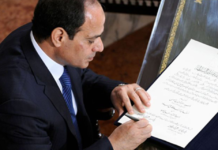
Economist and Assistant Lecturer at the British University in Egypt
In 2009, as part of completing my Masters Degree in Economics, I was assigned to work on a development project for the Jabaliya tribe in Sinai’s Saint Catherine. My role was to explore the economic conditions of the tribe and identify projects for women in order to raise their incomes. These projects were to be financed through a donor agency. I was expecting to simply work diligently and conduct the fieldwork, coming up with suitable projects. I did not expect to go on a journey that would break my heart.
The project involved a process of interviewing 100 women, men and sheikhs from the tribe to envision what can be done to raise the standard of living for women. The results were shocking.
The economic conditions of the tribe were extremely poor. The majority of the tribe was poverty-stricken, and the tribe was suffering from drought.
Agriculture and traditional activities performed by tribeswomen, such as gathering herbs or herding sheep, were abandoned.
Given that 80 per cent of the tribe’s men work in tourism, the tribe’s economic situation has worsened due to the drop in tourism.
In these miserable economic conditions, many of the tribesmen have become responsible for financially supporting their parents in addition to their nuclear family.
Tribeswomen are attempting to face the problem by selling handicrafts at LE25-50 a piece, with 4-5 pieces sold each month.
Other women work on collecting herbs. One woman, named Salha, goes on a 7-hour weekly mountain trip to gather herbs, which she sells for LE30-40.
The majority of families buy food by borrowing, which they cannot pay back for three or four months. All the women I met stated that prices in Saint Catherine are so high that they barely manage to buy food. A family may owe the food shop from LE500 to LE2,000.
The tribe is suffering not from poverty, but from extreme poverty. They are lacking the sufficient money to eat, and live from hand to mouth. They
also suffer from drought, the effects of inflation, and the lack of medical treatment and services.
Out of 100 women interviewed, 78 were found to be illiterate.
The Jabaliya tribe is a sample of a poor and needy area in Egypt, of which we unfortunately have many.
Considering all this, one can see that Sinai’s frequent terrorist attacks are not only politically motivating, but may also have an economic factor.












